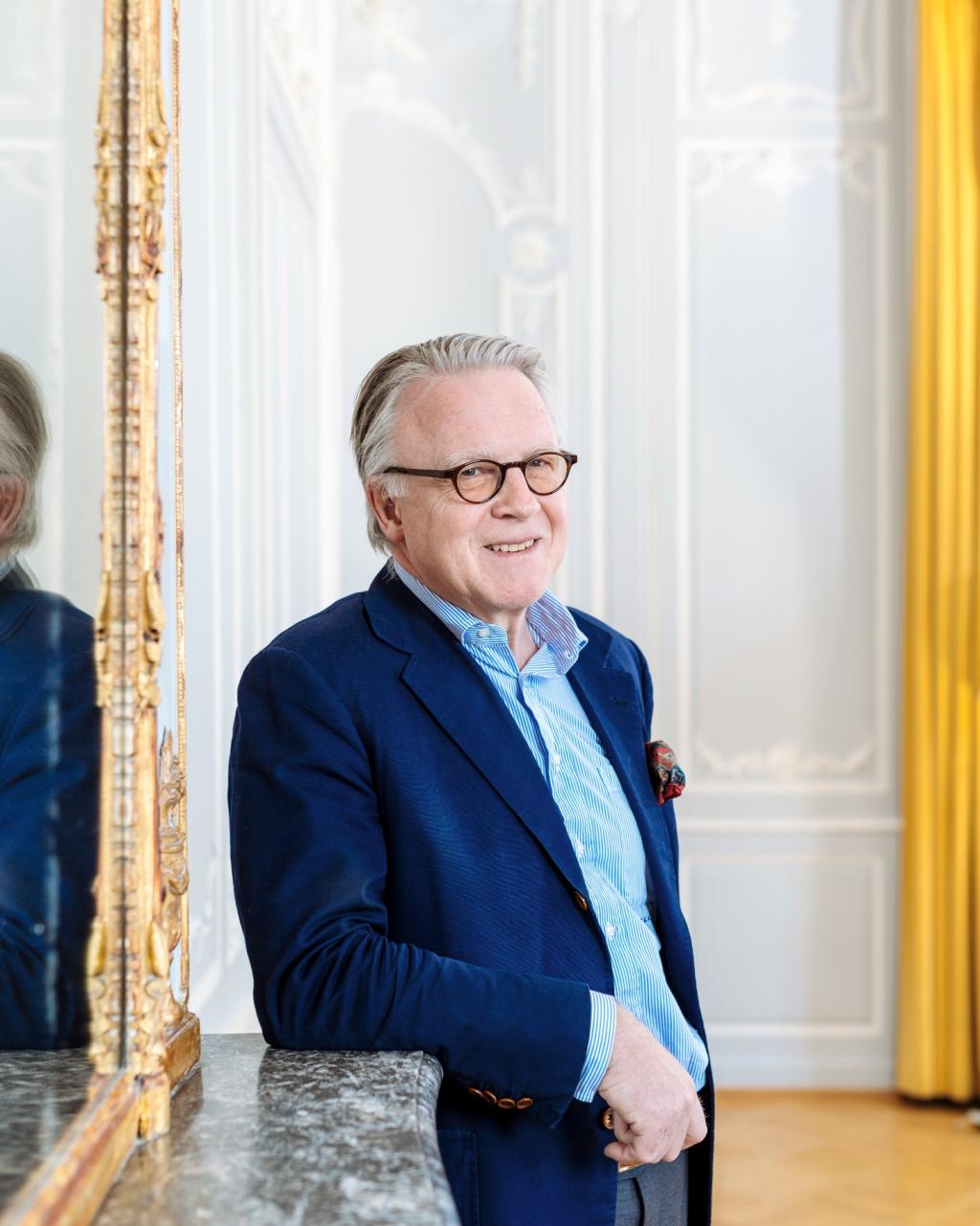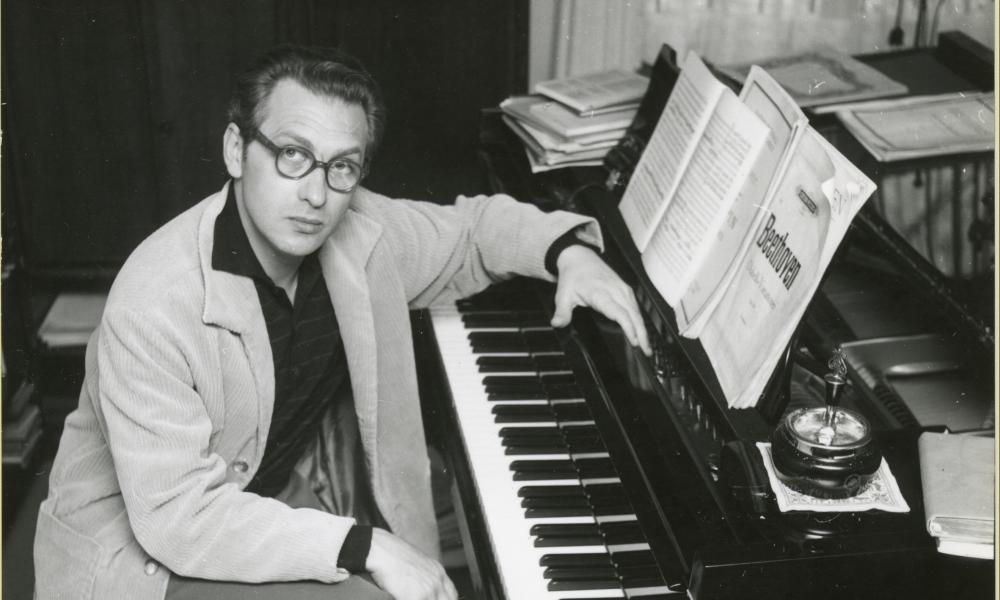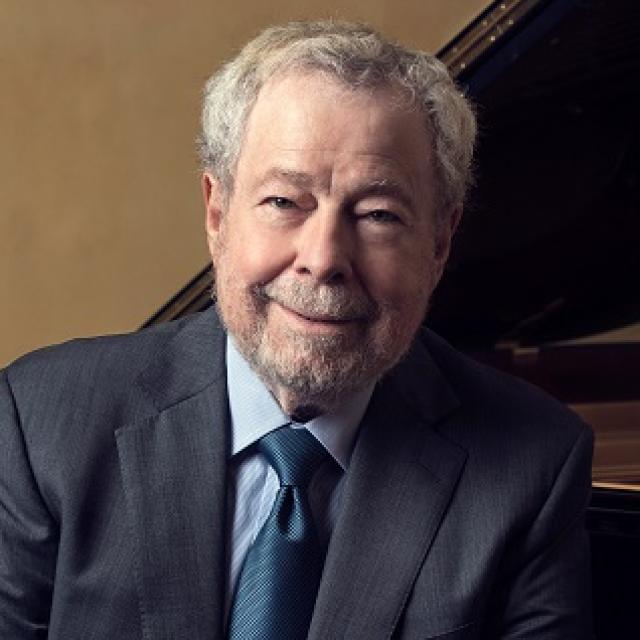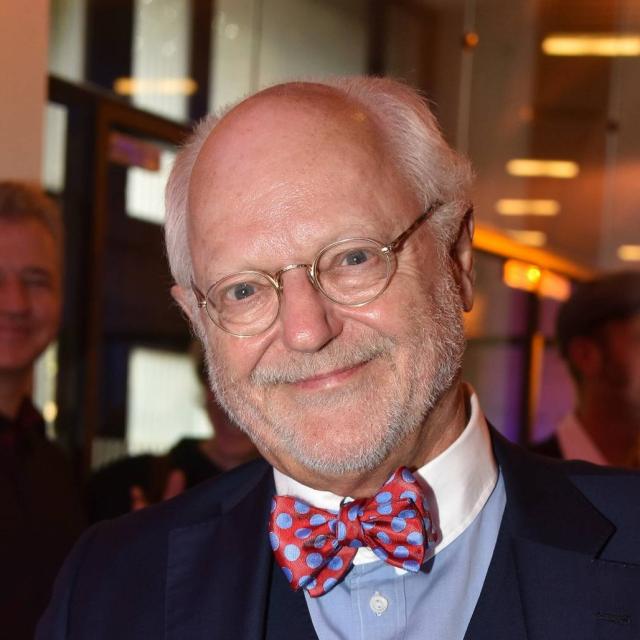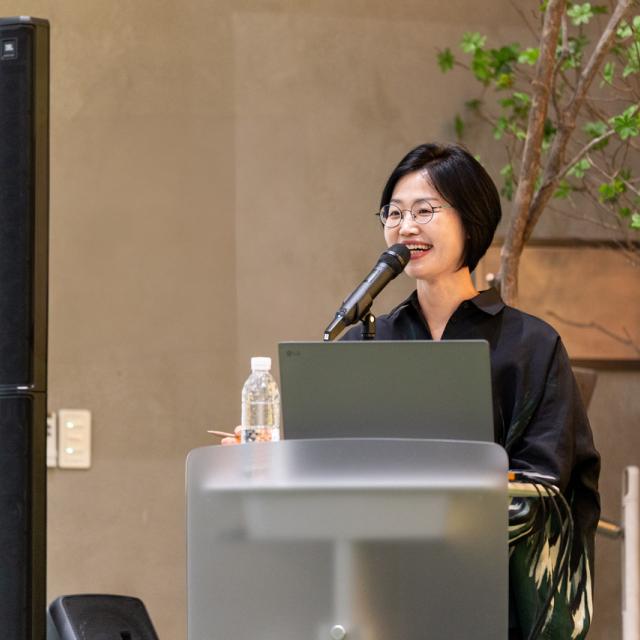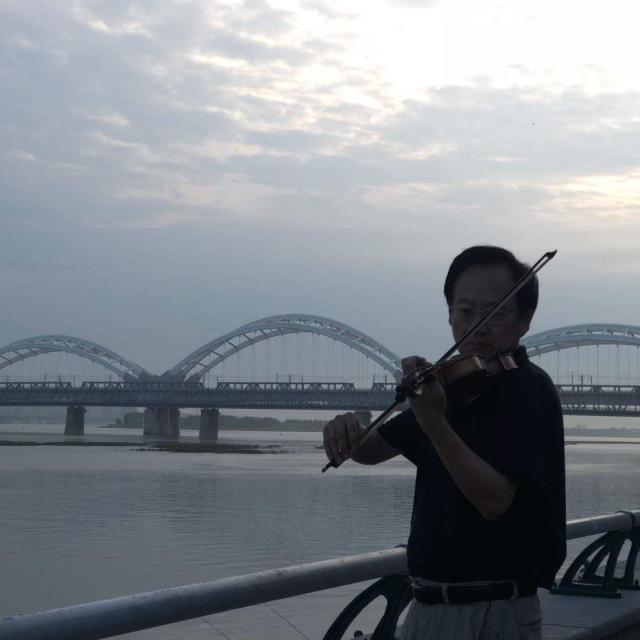There have been many changes in the jury over the years…
Of course, we had also to face really bad luck: we lost our much admired chairman of the jury, Nelson Freire, who died, very unexpectedly, in the middle of COVID. But due to the pandemic restrictions, many artists were unable to perform live concerts and had all of a sudden some free dates in their calendar. That was how we were lucky to get the wonderful Gerhard Oppitz, another pianist in Geza Anda´s tradition, taking over as a chair. He did a wonderful job leading our jury, and hopefully he will be back with us in the future.
For many years we have been dreaming of having Martha Argerich with us and this time, for our 2024 competition, she has finally accepted to join our jury.
Franz Xaver Ohnesorg, who was just about to finish his last year in charge of the Klavier Festival Ruhr ,was anounced for several months to chair our jury , after having already held this position with us in 2006. We all were terribly shocked and devastated when the news of his sudden death reached us in November 2023. It was a very difficult task we were facing these last months but again we were lucky to find with Rico Gulda the ideal person to reconstitute our jury 2024. Not only is he a brilliant pianist himself, but also someone who is in charge of producing and organizing concerts and festivals. His father, the late Friedrich Gulda, whom I myself knew very well, was Martha Argerich´s teacher and also a regular guest at my father’s Bach Festival in Munich.
With all these connections to the past and to the legacy of Geza Anda, it becomes easier to revive the discussion: what was artistically special about him, as a pianist, as a conductor playing the piano, as an interpreter conducting? He was definitely one of the great pianists of our time when I was young, and now it is up to us to keep his memory alive. One of the very characteristic element of our 2024 competition, the so-called Mozart round at the semi-final, where each competitor performs an entire Mozart concerto with orchestra is certainly a special highlight: the great Mikhail Pletnev, who gave a sensational masterclass on “Conducting from the piano” in 2022 for us, will be the conductor on these two evenings, where we will hear six different pianists interpreting a Mozart piano concerto. We want also to develop new elements in the future as we are planning a chamber music project with our laureates during the years between our piano competitions, which are held every three years.
A conversation with Tobias Richter
The President of the Concours Géza Anda talks about the legacy of his competition's namesake artist, the huge repertoire candidates have to master, and recent developments
WFIMC: What does the name Géza Anda mean to you?
Tobias Richter: The name Géza Anda has always been close to my heart. I had the honour to meet this great artist during the festival in Lucerne back in the sixties, where my father was a regular guest artist ,and could luckily develop a long-standing friendship with his widow Hortense Anda-Bührle, the founder of the Concours Géza Anda. After her passing I took over the presidency of the Géza Anda Foundation in 2018, already having been a member of the board of trustees for many years. After Géza Anda´s death in 1976, his wife had this dream of somehow continuing his work and keeping his legacy alive. As her family was always very music minded, but also very close to fine art because of her father´s collection, Mrs. Anda set about realizing her dream of creating a framework and a supporting platform for future generations of young artists in an environment of important music and painting.
Where do you see the relevance of the artist Geza Anda for today?
Geza Anda was legendary, a universal musician, except maybe with a little reservation towards so-called contemporary music. His musical tradition and interests were more based on Bartok and his Hungarian origins, and that’s why the competition repertory of the 20th century was mainly focused on these composers until now. In that spirit it also occurred that other great musicians of the international scene were supporting us by serving on the jury of the competition, like Georg Solti, who was its first president.
The repertoire did grow continuously over the past years, mainly focused on Geza Anda´s own repertoire and that also became one of the main characteristics of the competition: there is a lot of music to be prepared, a lot of very difficult music, to play. Perhaps sometimes more than at many other competitions.
When I took over, my major concern was how to adapt and develop the competition, along with a few generational changes, to better meet the demands of today’s international music scene. To be more precise, that means for our competition: a clear profile, clear rules, and a jury slightly different from elsewhere: a jury in which the artists set the tone. Outstanding artists, but artists that are sensibly paired with producers, artistic directors, as well as pedagogues and composers; in other words, key opinion leaders in our business.
In 2018, when I took over, we had no idea about the huge geopolitical problems we would have to fight one year later with the COVID pandemic. Very early I had asked Nelson Freire to be chair of the competition, and we were extremely happy that he accepted our invitation. He was one of the first insisting to reduce the huge repertoire list, as he said we should make it more convenient for a large variety of young artists to apply and take the time to perform at our competition. In the past, we did miss some young artists who preferred to produce themselves at the Rubinstein-, the Tchaikovsky-, or the Chopin-Competition because of this, and we definitely wanted to sharpen the profile of our competiton. For Géza Anda, Bartók was particularly important, as well as Liszt, Dohnanyi, Chopin, and German Romanticism. And, of course, he was very influential with his Mozart interpretations. He did not only play the Mozart works beautifully, but he also conducted his concertos from the piano, in the tradition of the composers of that period. These were the determinating elements of our competition’s profile of 2021, and like many others I must say that we found the result very convincing . We were also very fortunate as we were able to hold a live competition, just with a reduced number of live audience, during the pandemic, something many others were unable to do.
It´s not really only one Mozart Concerto, it´s two concertos everyone has to prepare, right?
Yes, that´s correct. Everyone prepares two complete Mozart concertos, plus two different concertos from other composers in the final. The jury decides at the end of the previous round which piece the candidates are going to play. For accompanying the Mozart concertos we have a partnership with Musikkollegium Winterthur, and the concertos in the final round are traditionally performed by the Tonhalle Orchestra, this year as a special event, under the baton of its music director Paavo Järvi.
Everything will be communicated in a very transparent way, and the competitors will get the necessary information from the jury in a very timely manner. The jury chooses the works carefully according to what they think might be best for a competitor; and for the audience it´s certainly very attractive that they will get the opportunity to listen to different concertos by each candidate.
I remember Ruth Bossart telling me that a special characteristic of the competition was the link to the family. Once you won a prize, you would become like a part of the family. You kept performing for them, and you kept coming back. Is this still the case?
Oh yes, the Geza Anda community in Zurich has developed a wonderful tradition of taking care of their “guest” candidates over many years until today. Many long-lasting friendships had been created that way, and we are looking forward now to welcoming the new generation of young pianists who will join us at the end of May 24. Out of our 170 applicants, 40 pianists come to perform in Zurich, and they all stay with host families. They are being very well taken care of. The competition has a great number of local fans, they have stayed loyal to us over generations, and that is really just wonderful!
********
A student of philosophy in Geneva and Zurich, Tobias Richter began his professional career in 1972 at the Grand Théâtre de Genève, and two year later he became personal assistant to the Stage Director, Götz Friedrich. In 1977 he joined General Manager August Everding at the Bayerische Staatsoper in Munich, where he also worked regularly with Jean-Pierre Ponnelle. Following Stage Director Gian Carlo del Monaco to the Staatstheater Kassel , he was later there appointed General Manager in 1982. Two years later he became the new Generalintendant of the Theatre in Bremen for Opera, Drama and Tanztheater, where he worked among others with various internationally renowned painters on sets and costumes. In 1994, Tobias Richter was appointed Generalintendant of the Deutsche Oper am Rhein in Düsseldorf/Duisburg, where he rebuilt on the vaste operatic repertoire of the company the biggest «Ensemble» in Germany. Tobias Richter has also directed the Festival Septembre Musical Montreux-Vevey since 2004 and took over as Director General of the Grand Théâtre de Genève in 2009.
©WFIMC2024
